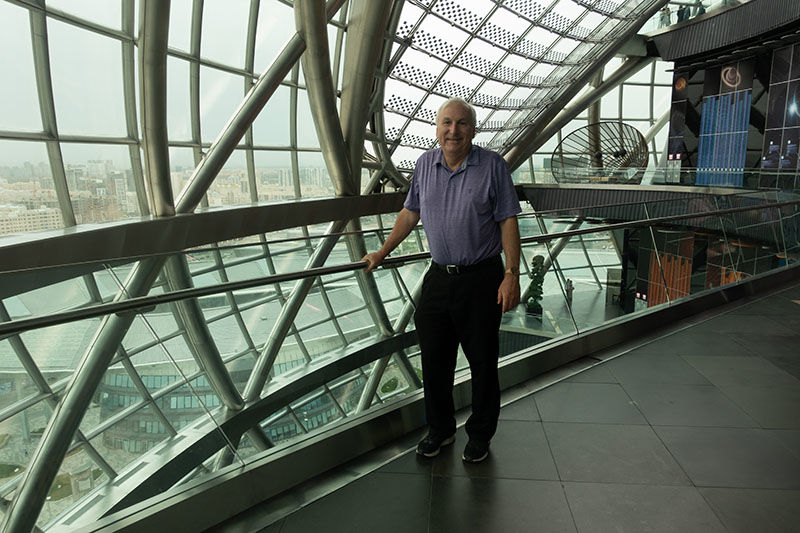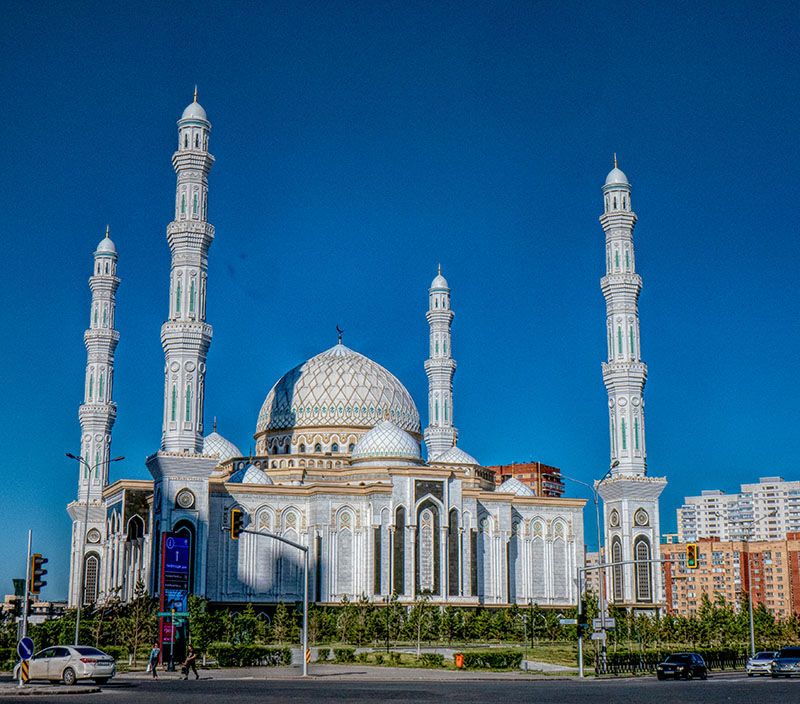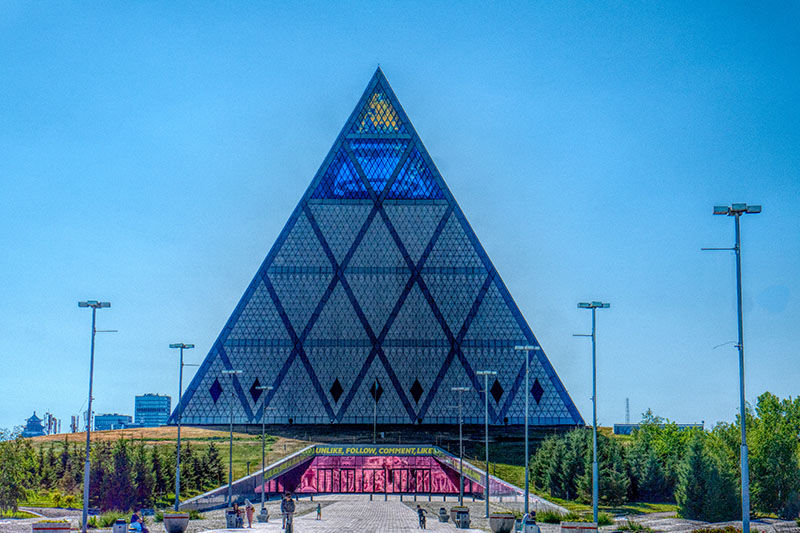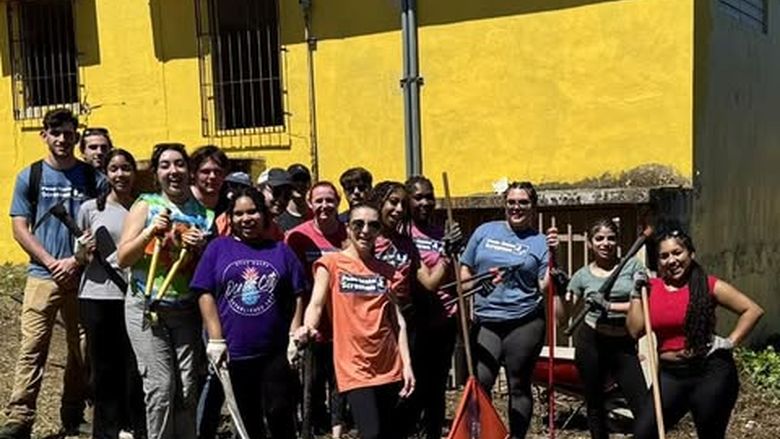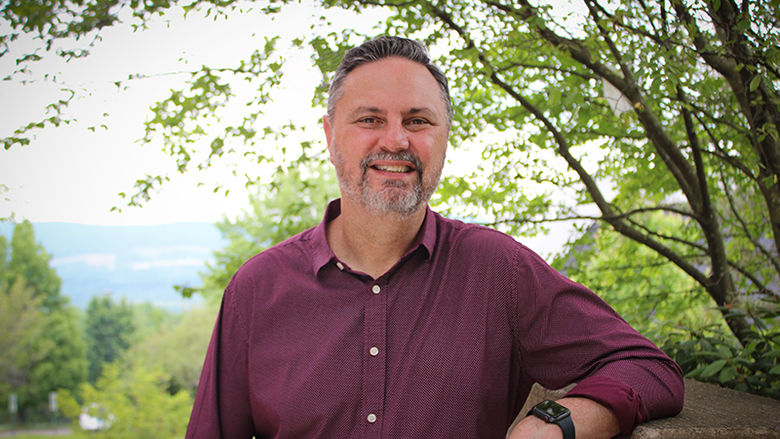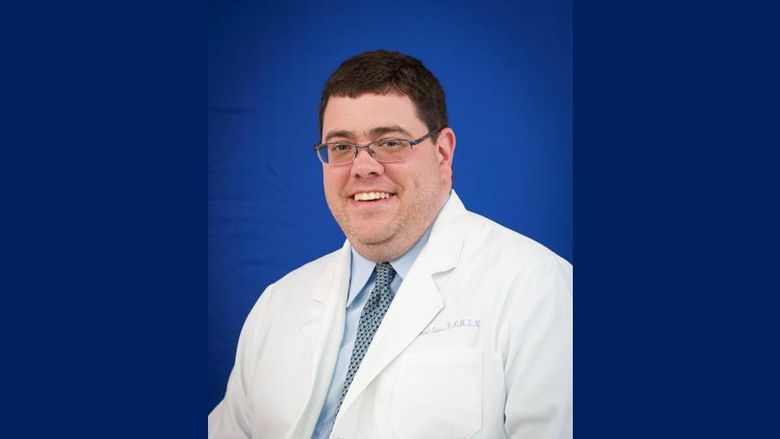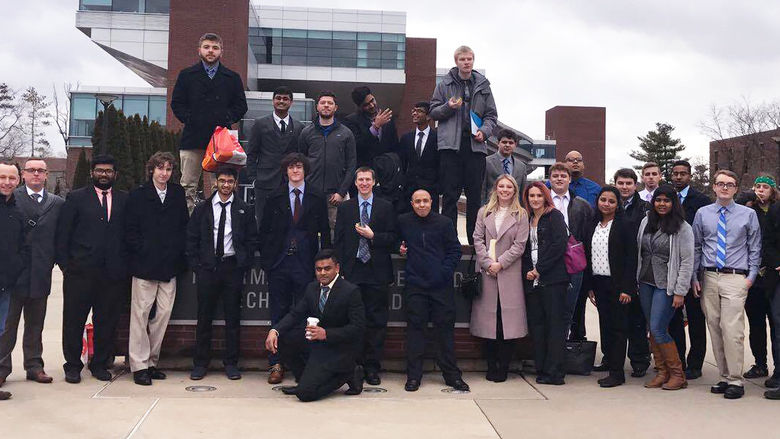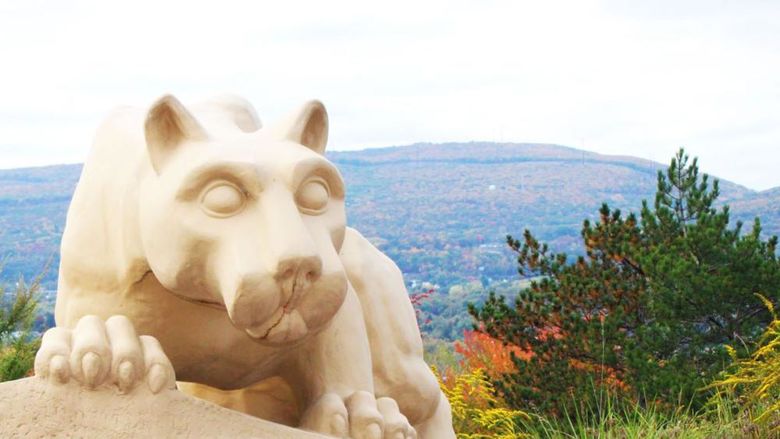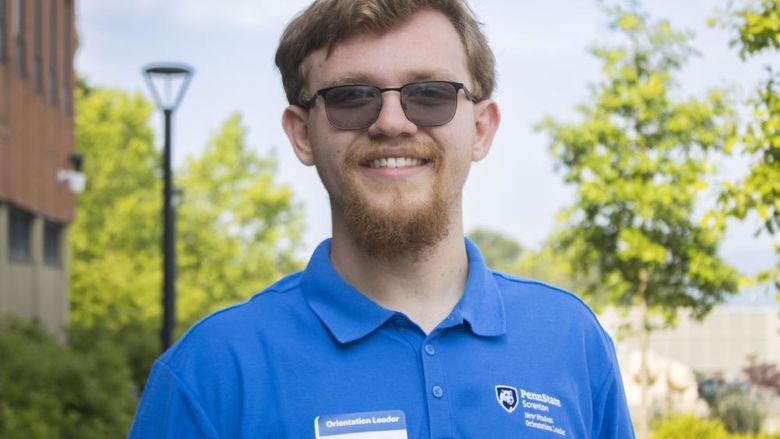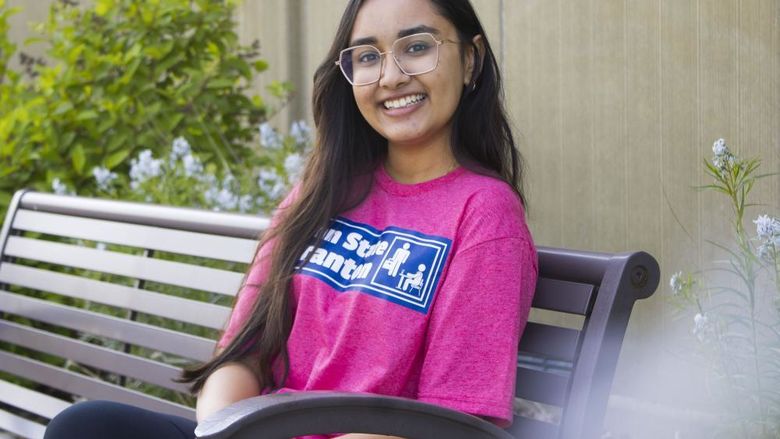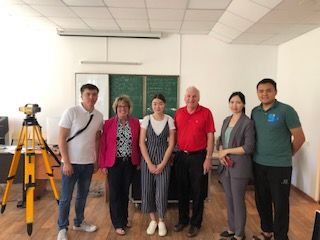
Dr. Alan Peslak, professor of information sciences and technology at Penn State Scranton, traveled to Nur-Sultan, the capital city of the central Asian country of Kazakhstan this past summer. There, he worked with faculty at S. Seifullin Kazakh AgroTechnical University to develop an IT project for Seifullin and Penn State Scranton students to work on together throughout the fall semester.
Credit: Penn State
